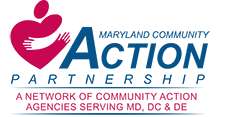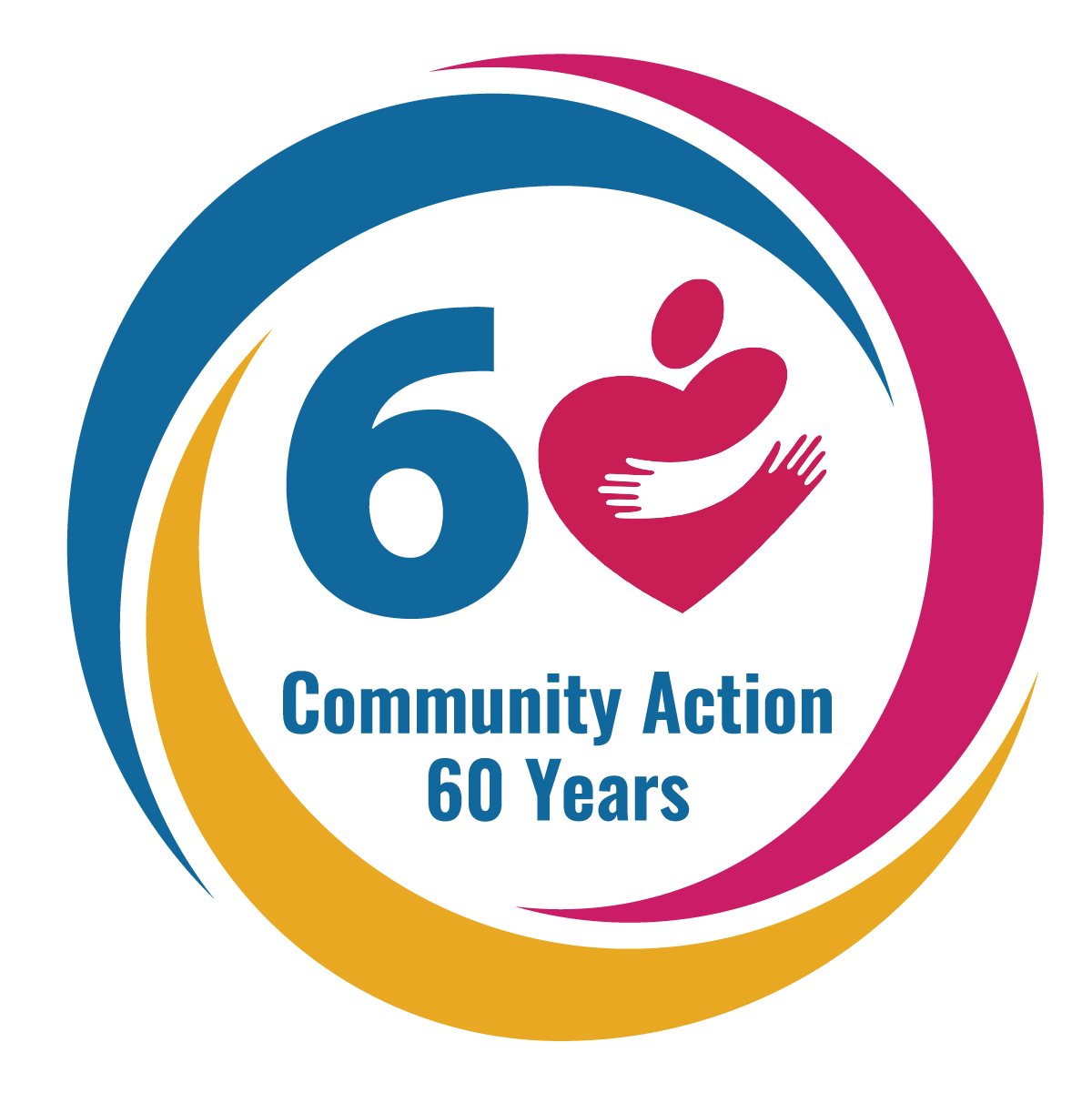Maryland Association of Community Action (“MCAP”) was established in July 1986. MCAP is a non-profit, multi-regional association with 19 member agencies, called Community Action Agencies (CAA’s).
Together, we serve individuals and families in poverty who reside in Maryland, Delaware and the District of Columbia to provide localized services to lift people out of poverty and develop strategies for economic mobility and resilience. Our network advocates on behalf of underprivileged communities to ensure their voices are heard at the local, state and national levels.
MCAP is committed to building strategic pathways tailored for each family and the unique needs of each community by applying four stages: Readiness, Response, Recovery and Resilience.
We work in collaboration with a variety of public and private organizations to develop and implement strategic programs based on a two-generational approach or “2Gen” to address the needs of both parents and children in low-income families. Bridging the gaps in education, training and job placement, for example, elevates the whole family for long-term resilience.
We team across government, business, philanthropy, non-profit organizations and citizens to achieve significant, positive and lasting social change for vulnerable populations.


What are Community Action Agencies?
Community Action Agencies are nonprofit organizations created by the signing of President Lyndon B. Johnson’s signing of the Economic Opportunity Act of 1964. This Act embodies the philosophy that low–income individuals can best identify the problems their community face and also develop solutions that will resolve the issues.
On September 30, 1981, the Economic Opportunity Act, along with its Community Services Administration expired. With this expiration, community services programs were moved to the Office of Community Services, Administration for Children and Families in the United States Department of Health and Human Services.
Currently, 1,100 community action agencies in the 50 states, the District of Columbia, Puerto Rico, the Virgin Islands and the Trust Territories provide direct human services to 95 percent of the nation’s counties.
The partnership works toward fulfilling the promise of community action through the efforts of the community action agencies by providing services throughout Maryland, District of Columbia, and Delaware. In collaboration with elected public officials, representatives of the low–income community and members of the private sector/business community, the network represents multi-million dollars in support to residents.
The Community Services Block Grant (CSBG)
The Community Services Block Grant (CSBG), administered by the states, provides core funding to local agencies to reduce poverty, revitalize low-income communities and to empower low-income families to become self-sufficient. The CSBG is currently authorized under the 1998 CSBG Act.
CSBG is a federal, anti-poverty block grant which funds the operations of a state-administered network of local agencies. This CSBG network consists of more than 1,000 agencies that create, coordinate and deliver programs and services to low-income Americans in 99 percent of the nation’s counties.
Most agencies in the CSBG network are Community Action Agencies (CAAs), created through the Economic Opportunity Act, a predecessor of the CSBG. Community representation and accountability are hallmarks of the CSBG network, where agencies are governed by atri-partite board. This board structure consists of elected public officials, representatives of the low-income community, and appointed leaders from the private sector.
Because the CSBG funds the central management and core activities of these agencies, the CSBG network is able to mobilize additional resources to combat the central causes of poverty.


